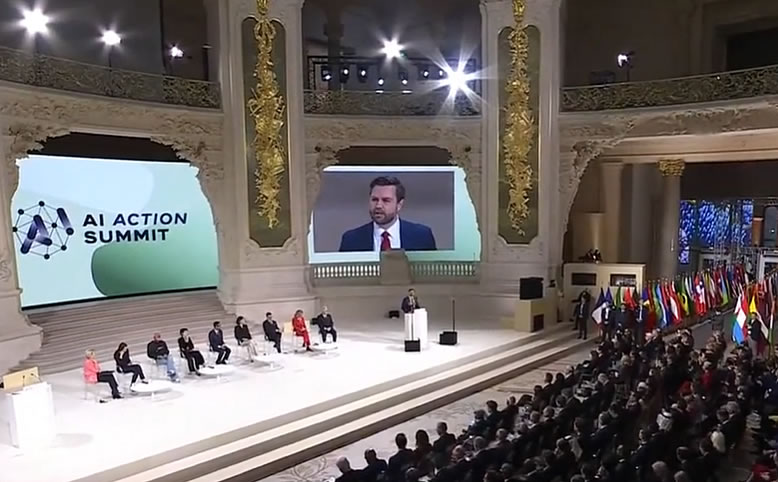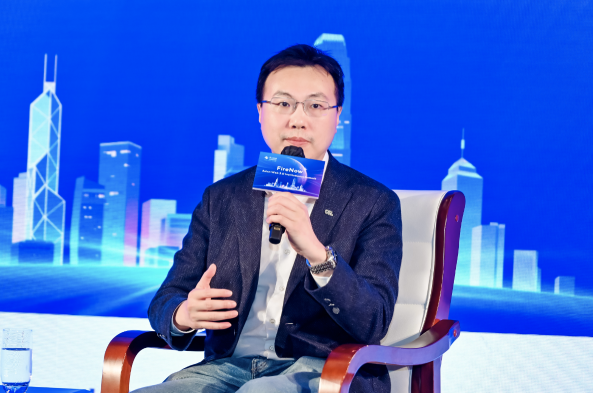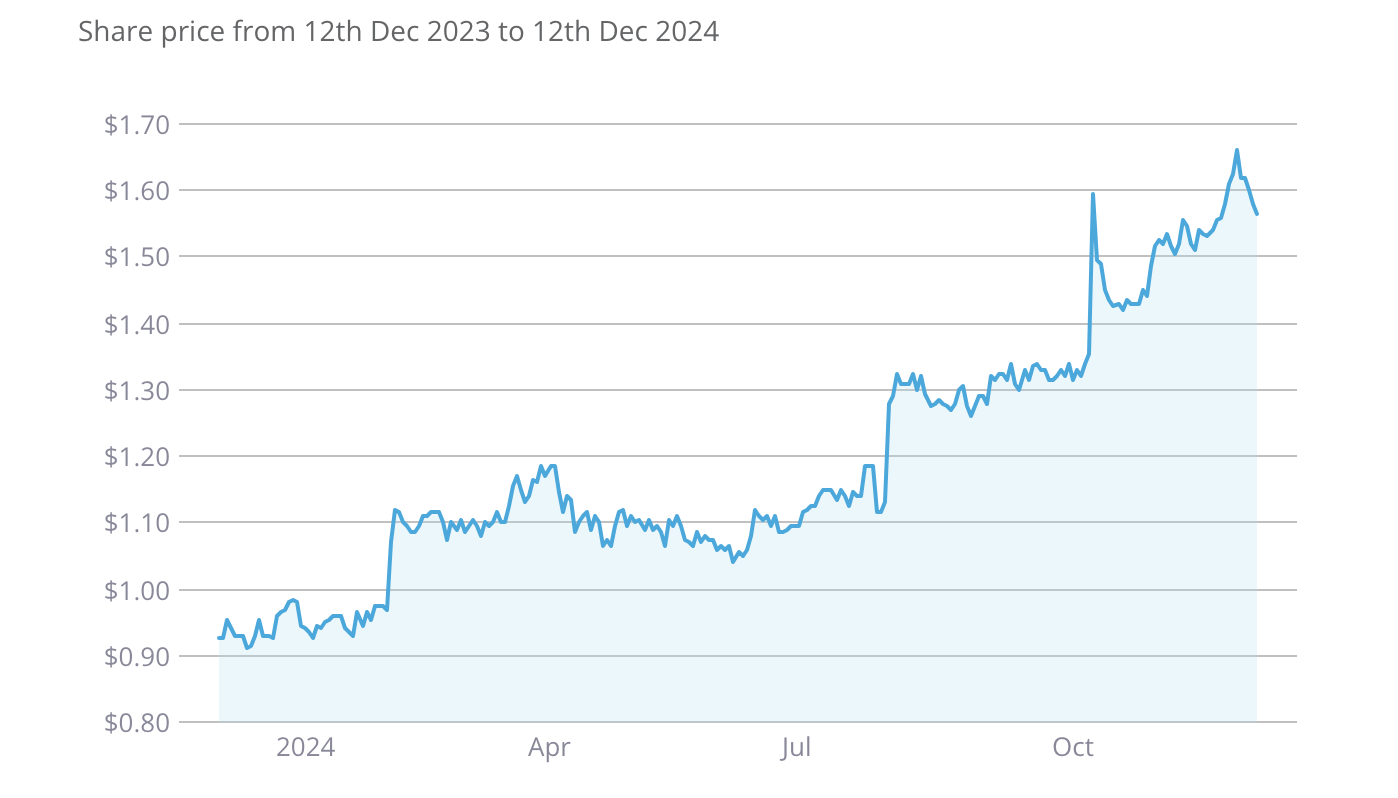The US and the UK have declined to sign the final statement of a French-hosted artificial intelligence summit that called for inclusive, ethical, and safe development of the technology.
The US vice president strongly criticized European AI regulations as massive and potentially stifling innovation while rejecting content moderation as “authoritarian censorship.”
Meanwhile, the British government indicated it had concerns about specific language in the agreement, noting that the approach differed significantly from its own AI safety summit held in 2023, according to Reuters.
Participants from over 100 countries, including government leaders, international organizations, academics and researchers, gathered in Paris on Feb. 10 and 11 at the AI Action Summit.
Key priorities established at the summit included improving AI accessibility, ensuring AI is ethical, safe, and trustworthy, promoting innovation while preventing market concentration, using AI to positively impact labor markets, making AI environmentally sustainable, and strengthening international cooperation on AI governance.
Sixty countries signed the statement, which included calling for the launch of a public-interest AI platform and incubator and the creation of a network of “observatories” to study its impact on jobs and workplaces.
However, the US and UK were not among those signing on.
Restricting the development of AI now “would mean paralyzing one of the most promising technologies we have seen in generations,” US Vice President JD Vance said at the summit.
“We believe that excessive regulation of the AI sector could kill a transformative industry just as it is taking off.”
“We feel very strongly that AI must remain free from ideological bias and that American AI will not be co-opted into a tool for authoritarian censorship,” he added.
JD Vance speaking at the AI Action Summit. Source: AP/YouTube
Experts, including Russell Wald from the Stanford Institute for Human-Centered Artificial Intelligence, interpreted this as an “unequivocal shift” in US policy toward accelerated innovation over safety concerns.
“Safety is not going to be the primary focus, but instead, it’s going to be accelerated innovation and the belief that the technology is an opportunity, and safety equals regulation, regulation equals losing that opportunity,” he told Reuters in a Feb. 11 report.
Related: EU AI rules stifle innovation, Meta and Spotify CEOs warn
The European Union’s AI Act took effect in August, introducing the world’s first comprehensive regulatory framework governing the technology.
In September, the EU, the US, the UK and several other countries signed a landmark AI safety treaty called the Framework Convention on AI, addressing human rights and democratic values as key to regulating public and private-sector AI models.
However, soon after taking office in January, President Donald Trump axed the Biden administration’s executive order establishing a framework for AI, which included reporting mechanisms for companies.
Magazine: 9 curious things about DeepSeek R1: AI Eye



